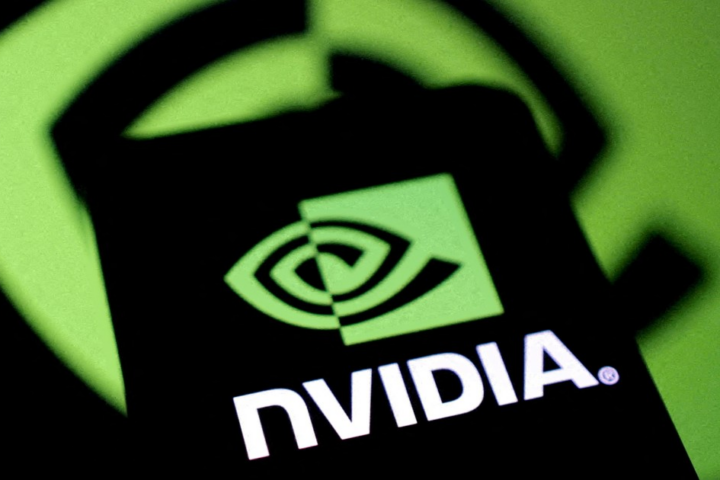PayPal Expands Stablecoin Use Across the U.S.
PayPal has officially expanded the use of its U.S. dollar-backed stablecoin, PYUSD, across its platform for American users. The move comes after months of testing and regulatory collaboration, positioning PayPal at the forefront of consumer-level crypto adoption.
The stablecoin, launched in 2023 and issued by Paxos Trust Company, is now accessible to users for payments, peer-to-peer transfers, and wallet-to-wallet movement within the PayPal ecosystem. As of July 2025, the integration has been extended to Venmo and select e-commerce partners, further increasing real-world utility.
Turning Crypto into Practical Payments
Unlike volatile cryptocurrencies that serve mainly as investment vehicles, PYUSD maintains a 1:1 peg with the U.S. dollar. This makes it stable enough to be used as a trusted digital cash equivalent. With over 400 million PayPal users worldwide, the company’s stablecoin initiative is one of the largest real-time deployments of tokenized fiat in the market.
PayPal is also integrating the stablecoin into checkout services, allowing users to pay merchants directly using PYUSD. For retailers, the benefit lies in lower transaction fees and faster settlement compared to traditional card processors.
Regulatory-First Approach Wins Market Trust
What sets PayPal apart in the crowded digital asset space is its regulatory-first strategy. The company works closely with U.S. financial regulators and ensures that all stablecoin reserves are fully backed by U.S. dollar deposits and short-term U.S. treasuries.
The stablecoin’s issuer, Paxos, is already a licensed trust company, which strengthens the legitimacy of PayPal’s offering. This attention to compliance has helped avoid the scrutiny faced by many crypto-native platforms and builds trust with mainstream consumers and institutional investors alike.
Competing in a Changing Payments Landscape
The rise of stablecoins is transforming how payments work globally. While central banks explore digital currencies and fintechs innovate around cross-border transactions, stablecoins like PYUSD offer a practical middle ground—familiar to users and easy for merchants to accept.
Competitors such as Stripe and Revolut have announced similar plans to integrate stablecoins, but PayPal’s early-mover advantage and large user base give it a head start in market penetration. The company is also reportedly working on adding multi-chain support for PYUSD, which would increase interoperability with external crypto wallets.
Crypto Integration without the Volatility
One of the biggest challenges for crypto adoption has been volatility. PayPal’s model addresses this by isolating the utility of blockchain technology from the price fluctuations of traditional cryptocurrencies like Bitcoin or Ethereum. Users can enjoy fast, cheap, and secure digital transactions without exposure to unstable markets.
This model appeals especially to younger users, small businesses, and international freelancers seeking frictionless transactions. It also opens the door for stablecoins to replace or complement mobile wallets, prepaid cards, and international remittance tools.
Global Expansion and Innovation
While the current rollout is limited to U.S. users, PayPal has indicated future plans to expand PYUSD internationally, pending regulatory approval. Industry insiders expect regional trials in Latin America and Southeast Asia within the next year.
PayPal’s approach to stablecoin integration could set the tone for other fintech giants, legacy banks, and even central banks looking to modernize their digital payment infrastructure.
The company’s strategy shows that stablecoin adoption is no longer a niche innovation—it is becoming a mainstream reality.





